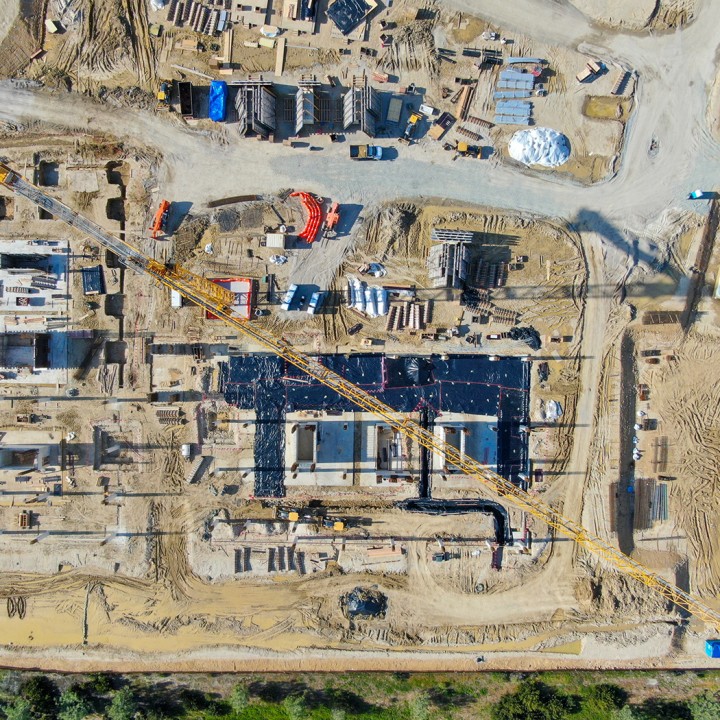
The Challenge
Flanders has one of the highest rates of land consumption in Europe.
The space we need for housing, innovation, and circular economy isn’t always new. It’s trapped in old, underused, or polluted sites.


The Tool: Brownfield Contracts
A brownfield contract is a public-private agreement to redevelop complex sites, typically former industrial areas.
It brings together multiple actors to align remediation, redevelopment and incentives into one legal framework.
Why It’s Time for a Shift
Originally designed for heavily contaminated sites, the covenant helped manage environmental risks and avoid long-term vacancy.
But today’s challenge isn’t just pollution – it’s spatial inertia.
We believe it’s time to reframe the covenant as a tool for:
- Unlocking obsolete office zones, logistics areas, and business parks
- Supporting strategic transitions in energy, mobility, and economy
- Activating space that already exists — but isn’t working
What Needs to Change?
A broader, symbolic redefinition
Current Flemish law already allows flexibility, but the narrative still focuses on contamination. A reworked, future-focused definition could signal a real paradigm shift.
A fast-track permitting route
Today, a brownfield contract does not speed up permit procedures. We advocate for a dedicated track that accelerates projects with proven planning and public-private backing.
A national perspective
Brussels and Wallonia face similar spatial challenges. The brownfield contract model could evolve into a best practice for strategic redevelopment for these regions as well.
As real estate and environmental lawyers, we don’t just manage risk – we design contracts that unlock space, accelerate transformation, and build trust.
“The best places to build the future are often the ones we almost left behind.”



